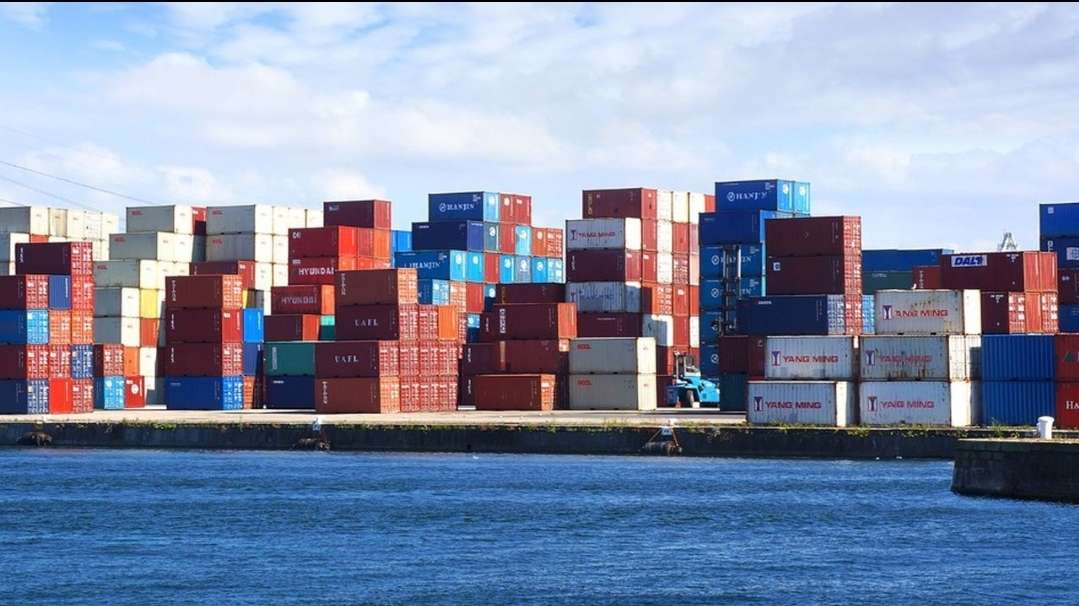Improving external competitiveness is a solution to boost exports and decrease the trade deficit. Further, the crises stemming from the COVID-19 pandemic and the war in Ukraine have disrupted international markets, especially due to the lack of visibility for exporters, obstacles affecting trade circuits, and the resurgence of competition through the adoption of new, more restrictive strategies or trade policies for developing countries.
In this context, analyzing the competitiveness of Tunisian exports verifies the significance of efforts made in directing exports towards new markets and innovative products. However, export performances still lag behind those of competing nations in certain cases.
Nevertheless, 2023 marked a year of exceptional export dynamism. In total, 57 export promotional actions were executed, including Tunisian participation in events such as exhibitions and fairs abroad, business missions, commercial days, prospecting missions abroad, and buyer visits to Tunisia.
Tunisian participation in trade events abroad in 2023 targeted five continental market groups (European (8 events), Arab (4), Asian (4), American (02), and African (01)), according to the Export Promotion Center (CEPEX).
These promotional actions were carried out with the distinguished and effective participation of the network of Commercial Representations of Tunisia Abroad (RCT), in cooperation and coordination with Tunisian diplomatic missions, along with the contribution of various international cooperation programs.
Over the first 11 months of 2023, Tunisian foreign trade generated 128 billion dinars, with 65 billion dinars in export revenues. Exports to countries covered by the RCT network abroad increased by 14.6%, surpassing the overall growth of Tunisian exports estimated at 7.6%.
Overall, despite substantial steps towards opening up to the outside world, the fragility of Tunisia’s external competitiveness is evident through the loss of market shares. This fragility is mirrored in timid export performances, influenced by various factors.
Some of these factors are the responsibility of the productive fabric itself, relating to its orientation and adaptation to foreign demand, while others are tied to the business climate, which remains unfavourable and presents barriers to better integration into global value chains.
